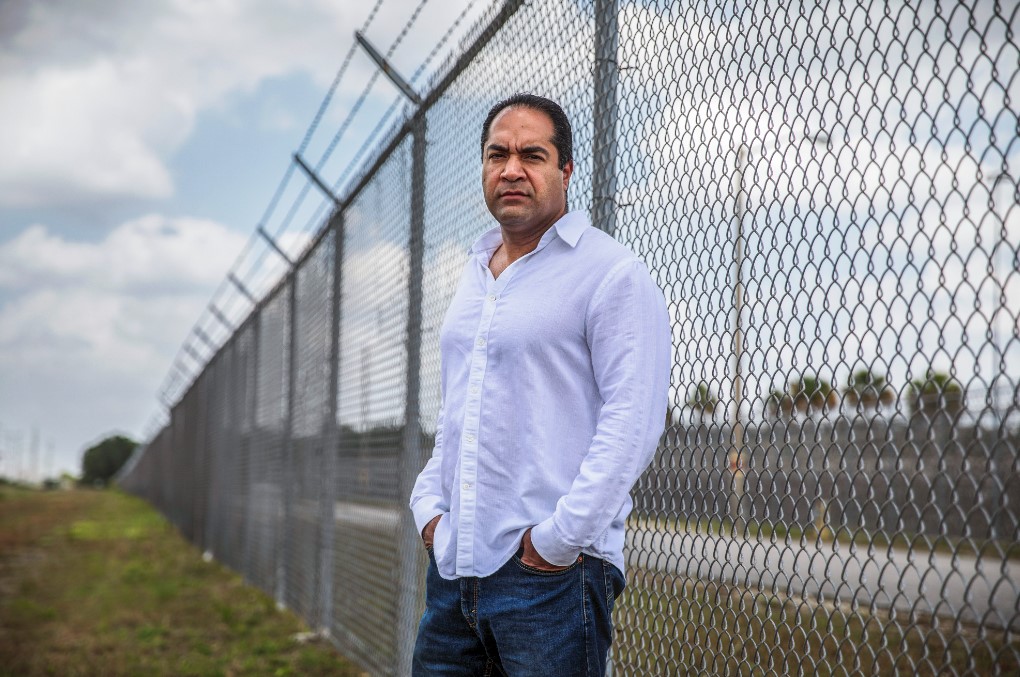
Navigating the complexities of life in a federal prison camp can be a daunting challenge for anyone. While the environment may be less harsh than other correctional facilities, the transition can still feel overwhelming.
From the moment you arrive, the rules and routines can seem unfamiliar and restrictive. Understanding the social dynamics at play, maintaining your mental health, and adapting to new surroundings are essential for survival.
This guide aims to equip you with crucial tips and insights to help you not only endure but also thrive during your time in a federal prison camp. Whether you’re facing a short sentence or looking to make the most of a longer stay, the knowledge you gain here will be invaluable in navigating the trials ahead.
Understanding the Environment
Understanding the environment of a federal prison camp is crucial for navigating your new reality. These facilities, often seen as less harsh than maximum-security prisons, still demand a keen awareness of the social dynamics at play.
The atmosphere can be surprisingly intricate; inmates come from diverse backgrounds, each bringing their own set of challenges and alliances. You might find yourself surrounded by those who are more like fellow travelers than foes, creating a unique culture that can either support or isolate you.
Pay attention to the unspoken rules, the rhythm of daily life, and the personalities that dominate the scene. Building rapport with others can be a lifeline, yet it’s essential to tread carefully—missteps in judgment could have lasting consequences.
In this environment, knowledge is power, and understanding the intricate tapestry of interactions will be vital for your survival and well-being.

Preparing Mentally and Emotionally
Preparing mentally and emotionally for the challenging environment of a federal prison camp is an essential step toward resilience and adaptability. First and foremost, acknowledge the emotional weight of your situation; it’s natural to feel a swirl of anxiety, fear, and uncertainty.
Embrace these feelings rather than shying away from them. Cultivating a routine can provide a much-needed sense of normalcy—think meditation, journaling, or light exercise to ground yourself.
Additionally, focus on establishing a support network, whether it’s through letters from family, reconnecting with old friends, or accessing mental health resources available within the facility. Most importantly, remember that your mindset will play a critical role in shaping your experiences; approach each day with an open heart and a determined spirit, ready to learn and grow amidst adversity.
Developing a positive outlook not only aids in coping with daily challenges but also empowers you to take control of your journey, transforming obstacles into opportunities for personal development.
Building Respect and Relationships
Building respect and relationships in a federal prison camp is essential for navigating the challenges of incarceration. Here, amidst the austere surroundings, every interaction counts.
It’s crucial to approach others with sincerity and kindness; a simple smile or a nod can pave the way to meaningful connections. Take time to listen—listen—to the stories of those around you; it shows that you value their experiences and fosters trust.
Be mindful of the unwritten rules of the environment; understanding the social dynamics can prevent unnecessary conflicts. Share your skills or interests—perhaps through group activities or informal gatherings—to cultivate camaraderie.
In this microcosm of society, genuine relationships can significantly enhance your experience, lending strength and support as you endure the rigors of prison life. Remember, respect is earned, so be patient and authentic in your dealings with others.

Conclusion
Navigating life in a federal prison camp can be a daunting experience, but with the right mindset and strategies, it is possible to not only survive but also find a sense of purpose during your time there.
Building strong relationships with fellow inmates, understanding the rules and structure of the facility, and focusing on self-improvement can make a significant difference in your experience.
Remember that regardless of your background—be it as a black man or otherwise—embracing a constructive attitude and actively participating in available programs can facilitate personal growth and healing. Ultimately, overcoming the challenges of a federal prison camp is about resilience, adaptability, and the unwavering belief in a better future.











